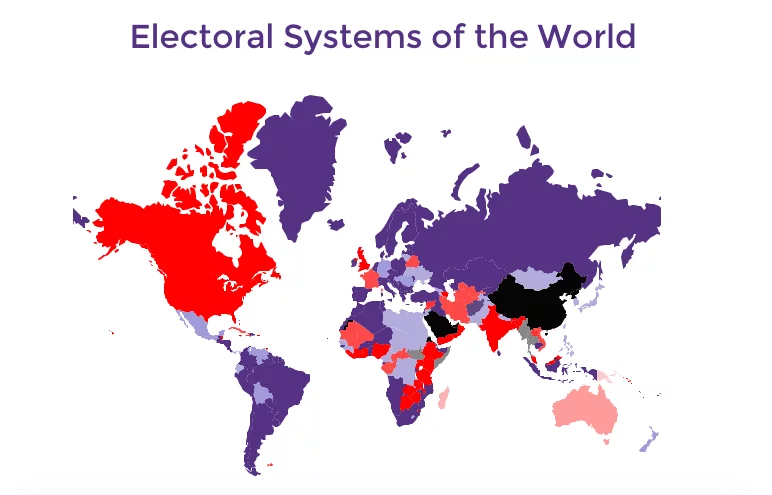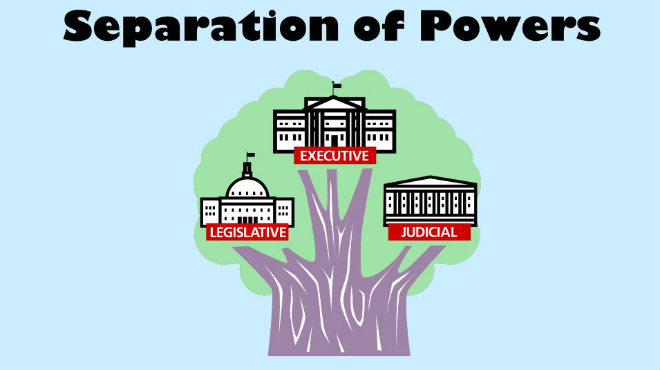Civic Engagement Importance | Shaping Political Outcomes
Explore the civic engagement importance in shaping political outcomes. Learn how active participation influences governance and society

The Crucial Role of Civic Engagement in Shaping Political Outcomes
Civic engagement, often referred to as the cornerstone of democracy, plays a pivotal role in shaping political outcomes. It is the active involvement of citizens in the processes and decisions that govern their communities, regions, and nations. Civic engagement encompasses a wide range of activities, including voting, advocacy, volunteering, participating in public forums, and staying informed about political issues. In this era of rapid change and complex challenges, understanding the significance of civic engagement is crucial for maintaining and improving the health of democratic societies worldwide.
Strengthening Democracy
Democracy thrives when its citizens actively participate in the political process. Civic engagement is the lifeblood of democratic systems, ensuring that government decisions reflect the will and needs of the people. When individuals engage in activities like voting, attending town hall meetings, or joining grassroots organizations, they help hold politicians accountable and influence the direction of public policy. Without civic engagement, democracy can become stagnant or susceptible to manipulation by special interests.
Inclusive Representation
Civic engagement is essential for achieving inclusive representation in politics. When a diverse range of citizens engages in the political process, the government becomes more responsive to the needs and concerns of various communities. This inclusivity helps prevent the marginalization of underrepresented groups and promotes policies that benefit the entire population, rather than just a select few.
Holding Leaders Accountable
One of the key aspects of civic engagement is its ability to hold political leaders accountable. When citizens actively participate in the political process, they become watchdogs who scrutinize the actions and decisions of elected officials. This accountability serves as a powerful deterrent against corruption, misuse of power, and policies that do not align with the public interest. Civic engagement reminds politicians that they are servants of the people, responsible for their actions and decisions.
Shaping Public Policy
Civic engagement provides citizens with a platform to influence public policy directly. Through advocacy, lobbying, and participation in public hearings, individuals and groups can shape the agenda and outcomes of policy debates. Grassroots movements and community organizations have the power to effect change by raising awareness of critical issues, mobilizing support, and pressuring decision-makers to enact reforms.
Fostering Social Cohesion
Civic engagement also fosters social cohesion and a sense of belonging among citizens. When people come together to address common challenges and contribute to the betterment of their communities, they build social bonds and a shared sense of purpose. This sense of unity can bridge political divides and promote a healthier, more civil discourse.
Promoting Civic Education
Engaged citizens are more likely to be informed about political issues and the workings of government. Civic engagement encourages a continuous process of learning and understanding, as individuals seek information to make informed decisions. Promoting civic education is essential for the overall health of a democracy, as an informed citizenry is better equipped to participate effectively in the political process.
Combating Apathy and Discontent
Civic engagement is a powerful antidote to political apathy and discontent. When citizens believe their voices matter and can effect change, they are more likely to stay engaged and optimistic about the future. Conversely, widespread apathy and disillusionment can lead to political stagnation and even the erosion of democratic principles.
Strengthening Civil Society
Civic engagement goes beyond traditional political activities. It encompasses involvement in civil society organizations, nonprofits, and community groups. These organizations often address social, environmental, and humanitarian issues that might not be adequately addressed by the government alone. Active participation in these groups can lead to grassroots movements that generate social change, offering a counterbalance to the influence of powerful political and corporate interests.
Bridging the Gap between Citizens and Government
Civic engagement serves as a bridge between citizens and government institutions. When individuals participate in local councils, neighborhood associations, or advisory boards, they become directly involved in the decision-making processes that affect their daily lives. This proximity allows for more nuanced and context-aware policy decisions, improving the quality of governance.
Promoting Peaceful Change
In societies where civic engagement is encouraged and respected, peaceful avenues for change are more readily available. Citizens who believe their voices matter are less likely to resort to violence or civil unrest as a means of expressing dissent or effecting change. Civic engagement provides a constructive outlet for grievances, allowing societies to evolve without the upheaval of conflict.
Encouraging Diversity of Perspectives
A vibrant democracy thrives on the diversity of perspectives brought to the table by engaged citizens. Different viewpoints and experiences lead to more comprehensive and innovative solutions to complex problems. Civic engagement encourages individuals from various backgrounds to participate in the political discourse, ensuring that decisions are well-rounded and reflective of the broader population.
Global Implications
Civic engagement doesn't stop at national borders. In an interconnected world, the engagement of citizens can influence international relations, policies, and global issues. Grassroots movements and advocacy groups often work together on transnational challenges, such as climate change, human rights, and global health. These efforts can lead to diplomatic and policy changes that affect the entire world.
Encouraging Future Generations
Civic engagement sets an example for future generations. When children and young adults see their parents and role models actively participating in civic life, they are more likely to become engaged citizens themselves. Fostering a culture of civic responsibility ensures that democratic values continue to thrive in the years to come.
Overcoming Barriers to Engagement
It's important to recognize that barriers to civic engagement exist and must be addressed. These barriers can include voter suppression, lack of access to education, economic inequality, and discrimination. To truly harness the power of civic engagement, societies must work to eliminate these obstacles and ensure that all citizens have equal opportunities to participate in shaping political outcomes.
Civic engagement is not a passive activity; it is the cornerstone of democracy and a driving force for positive change. It empowers individuals to have a say in how their communities and nations are governed, promotes accountability, and encourages a vibrant exchange of ideas. As we navigate the complexities of the modern world, the importance of civic engagement becomes ever more evident. It is not just a civic duty but a means to create a better, more inclusive, and more responsive political landscape that reflects the needs and aspirations of all citizens. Whether through voting, advocacy, or community involvement, every act of civic engagement contributes to the collective effort of shaping a more just and equitable society
What's Your Reaction?
















